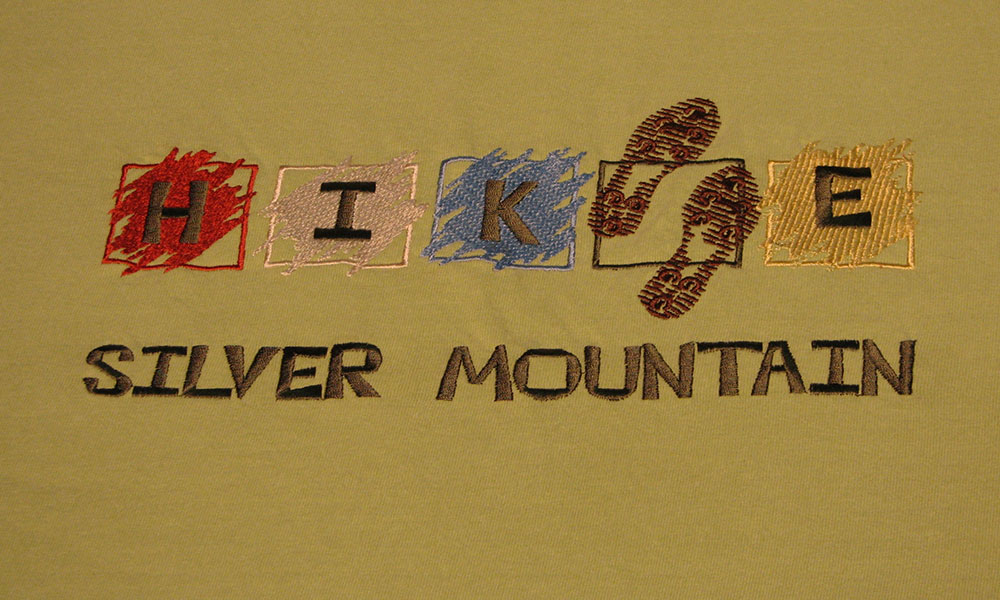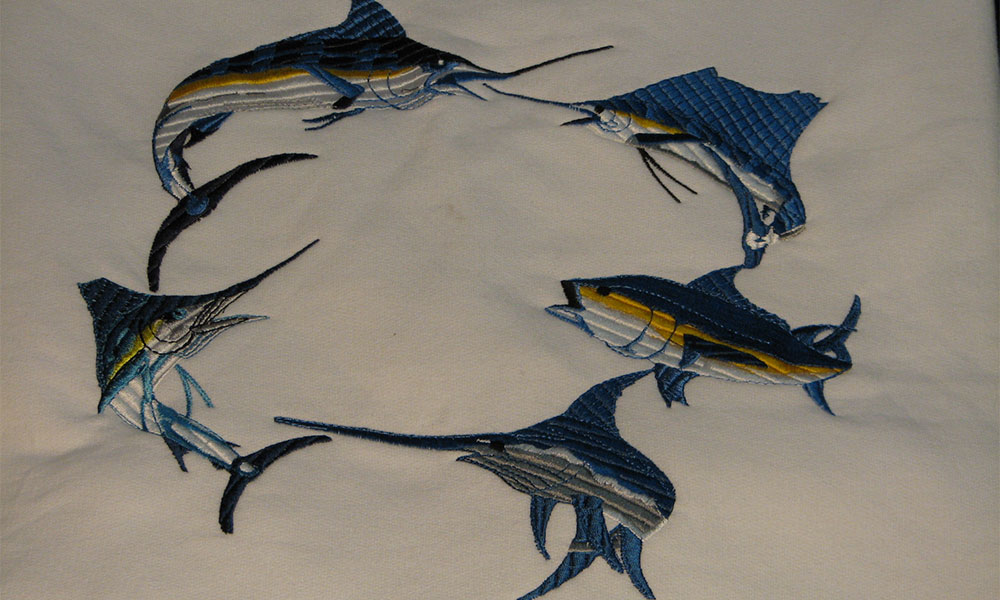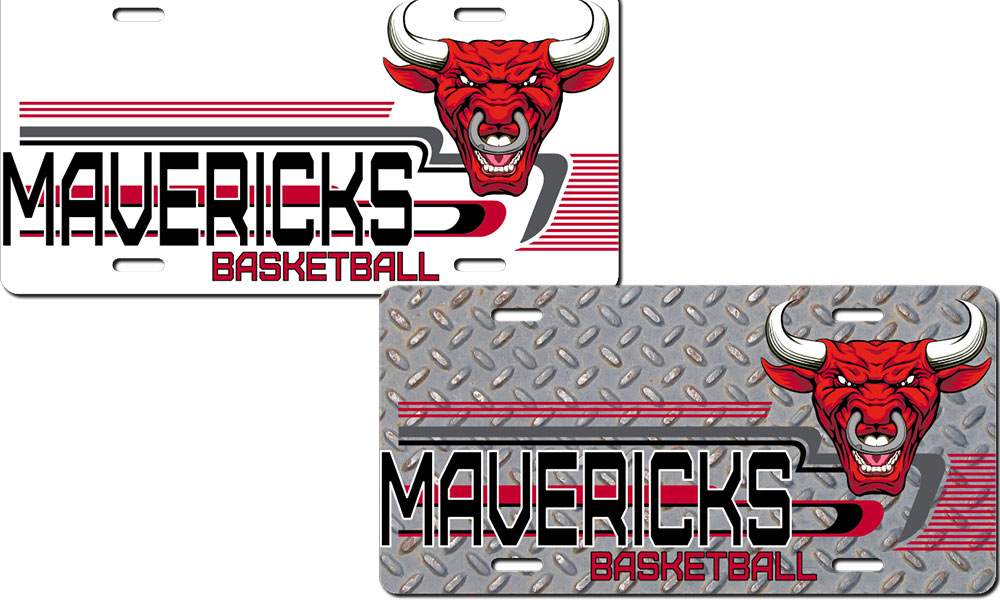January 25, 2018
Turn Stock Art Into a Knockout Design
One of the greatest tools in the decorated products industry is stock images. Whether it’s embroidery designs or art files, stock designs are a terrific tool that any shop can put to good use. Let’s face it, most of us are not graphic artists, yet high-quality images can be the key to higher margins. It’s only worth what someone will pay for it, thus perception of value (not a formula) is what determines the selling price.
When working with stock images, you don’t have to be a great artist, you just need to know where great art is. Thus, you should have a list of websites where you can go to find stock designs. You should also try to familiarize yourself with the content of those sites. A big chore, but worth the effort in the long run.

For example, suppose the coach of a championship baseball team comes to you and wants to create caps. You could put together a basic design featuring a stock baseball and some stock lettering. Or you could search for a stock image with some flair and excitement and then add some unique lettering. Both designs meet the requirements of the customer, and were created with stock images, but one really stands out over the other.

A second approach for creating a unique design is to combine individual graphical elements. There are tens of thousands of simple stock components that can be harnessed for this purpose. In the “hike” design pictured, the background pieces are all stock art. In fact, the element with the footprints is two individual pieces. Then, lettering was added on top. The end result is an awesome image that was created with multiple pieces of stock imagery.

Sometimes, just combining multiple, standalone images is all that’s needed to generate an entirely new look, which is the case with the “circle of fish” design. Text could easily be threaded into the center as needed. The challenge with this method is making sure that the individual designs work with each other so as not to look awkward. You may even have to edit some of the components so that the connection and/or overlaps work out smoothly.

Along those same lines, adding a background to an image is yet another simple way to enhance a stock design. I call it turning the ordinary into the extraordinary. For some applications, the background could be another stock image, such as a sunset. In the case of a process like sublimation, where much of the printing is full-bleed (meaning edge-to-edge), a background layer gets rid of white space, which can be a negative in many applications.
When working with stock designs, you must address copyright. Purchasing an image does not give you ownership rights to that image. In most cases, you are buying a license to apply that image onto products for resale. You cannot sell, trade, share, loan or give that image file to anyone else, without the permission of the creator. For specific details, make sure you read and understand the license agreement/copyright notice that accompanies each design you purchase. And keep in mind that each source has its own unique agreement.
Are you allowed to modify an image? In most cases yes, though you should read the license agreement to be sure. Being able to modify an image doesn’t mean you can turn around and claim the new version as your own and then start selling the file to others. There’s a myth in the world of copyright called the 25% rule, which says that if you change something by at least 25%, then you can claim it as your own. That’s just not true.
The Copyright Act gives a creator sole rights to an image and control over any derivatives (variations) of that image. In order for you to change something 25%, you must obtain permission from the creator. At that point, you own a copyright in the new design, but cannot reproduce it without the permission of the creator, since it’s based on his/her design. (Just to be clear, I am not an attorney, but I do have a copyright attorney who I rely on for copyright issues.)
And don’t get any ideas about grabbing an image from the internet, modifying it and then trying to claim it as yours. That can get you in a lot of trouble. There are thousands of great stock images readily and legally available. Some sites allow you to purchase a monthly subscription, for as little as $110 a year, letting you download a set number of designs. Other sites offer individual designs for $4 to $6 or small packs of designs for around $25 or so. Do it right. Buy quality designs, read and understand the license agreement, then create some awesome images that generate high margins.
***
Jimmy Lamb is an award-winning author and international speaker with more than 25 years of experience in the apparel decoration business. Currently, he is the manager of communication at Sawgrass Technologies.
